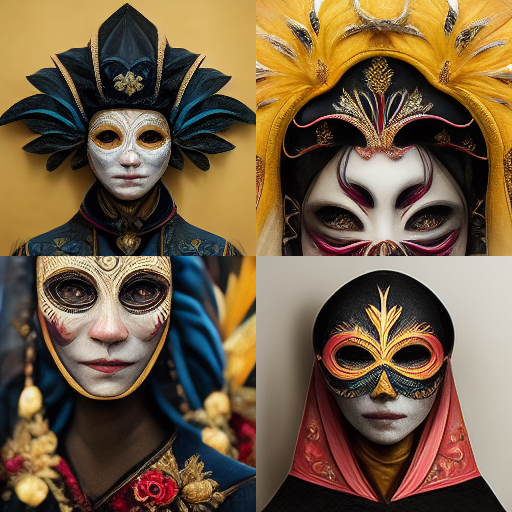Author’s note: I originally wrote the text below in 2014 on Quora. It seems as urgent as ever, and I’m reprinting it here.
I say yes. Or more to the point, if the answer is NO, there isn’t really much point to continue with this literary form called ‘fiction.’
The task of a novelist is to inhabit other people that they are not. To draw arbitrary lines around what kind of people they re allowed to impersonate is ridiculous, and raises lots of unanswerable questions, most obviously in a modern world of multiracial identities. Where is the line drawn and who draws it? Who decides where one allowed narrator’s ‘type’ ends and another, forbidden one begins (yes, the author is black, but is he ‘black enough’)?
This seems to be another among plentiful examples of someone identifying a social phenomena that can be real in extremely specific, limited contexts, and proposing a remediation that goes well beyond the scope of the problem and creates new problems besides.
Here is what I was taught, and has worked well so far: writers should not worry about whether it is politically safe but whether it makes the reader think “this is real.” Your objective is the same as ever. Keep them reading.
Characterization is an act of imagination and sensitivity. As such, this practice should be encouraged: Mexican women should write male robots, Anglo men should write characters that are Caribbean women, Asian transsexuals should attempt the process of writing about the life of Kenyan children; an untouchable from India can write about the life experience of a Maori cable installation technician. Obviously, you might have a head start on writing someone from your own background or perspective, but it doesn’t stretch you very much as a writer. Feel free to write about people that have cancer if you are healthy, or the perspective of a protagonist from a divorced family, even if your parents are still married.
Anyone who tells you ‘no’ here is actually a very substantive part of the problem and are actively engaging in the nullification of the art and the dumbing-down of the world.
If this is done persuasively, it will be considered a good part of the fiction, or something that they would say, in a workshop, “works.”
If it is done poorly, it will not work, and probably considered bad fiction. When we see stereotypes or troped characters, they are partially bad because they are stereotypes and stereotypes are damaging, but the graver sin in my opinion is that they are also simply bad art. They are uninteresting.
That doesn’t mean that artists shouldn’t marshal the research, introspection and sensitivity to make the attempt. Even if your book sucks, the idea that you spend time actively thinking about what it would be like to be a _____ is valuable and enriching.
The fact that this question is even being asked should be considered a five-alarm fire for the state of our arts. It’s one thing to censor other people’s work. It’s quite another to have come to a point where we are censoring our own.

